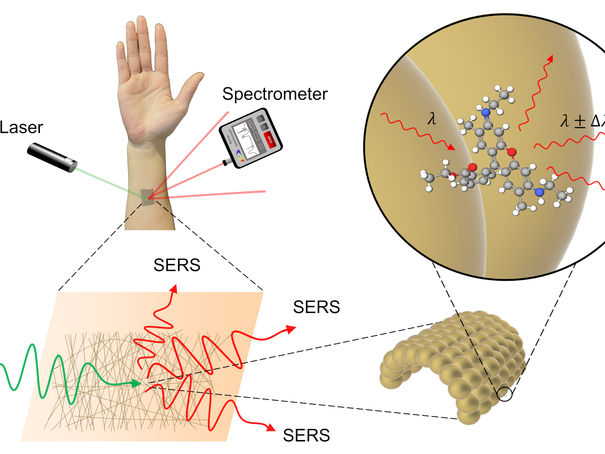Chinese Researchers Sequence World's First Giant Panda Genome
Illumina announced that researchers at the Beijing genomics Institute (BGI), Shenzhen are the first to complete de novo sequencing of the giant panda genome. A small team of scientists in one month produced 150 gigabases of sequence that was used to assemble the three gigabase genome belonging to Jingiing, the Giant Panda that was the 2008 Olympic mascot. These data will help researchers better understand the genetic underpinnings of disease, molecular mechanisms of evolution, and impact of captive breeding in giant pandas.
Ruiqiang Li, Ph.D., Director of Bioinformatics Division of BGI, Shenzhen commented about the project: "The giant panda has a unique, evolutionary status in China and is considered a national treasure. Using solely Illumina's next-generation sequencing technology, we completed de novo sequencing of the giant panda genome, dramatically accelerating the process of decoding genetic information for this endangered species. Now, researchers around the globe can access new data that will help protect and monitor the giant panda."
The research team sequenced 80% of the giant panda genome, obtaining greater than 95% coverage in gene regions, and N50 contig size of approximately 300kb. Using paired reads averaging 75 base pairs each per run, 50x coverage of the genome was generated.
Most read news
Other news from the department science

Get the analytics and lab tech industry in your inbox
By submitting this form you agree that LUMITOS AG will send you the newsletter(s) selected above by email. Your data will not be passed on to third parties. Your data will be stored and processed in accordance with our data protection regulations. LUMITOS may contact you by email for the purpose of advertising or market and opinion surveys. You can revoke your consent at any time without giving reasons to LUMITOS AG, Ernst-Augustin-Str. 2, 12489 Berlin, Germany or by e-mail at revoke@lumitos.com with effect for the future. In addition, each email contains a link to unsubscribe from the corresponding newsletter.
Most read news
More news from our other portals
Last viewed contents
Agilent completes acquisition of Lasergen

Wearable chemical sensor is as good as gold - A novel Raman chemical sensor made from noodlelike threads of gold
Trajan to acquire leading chromatography consumables and tools business - Strengthens Trajan's product portfolio particularly in the critical area of the gas chromatography inlet and sample introduction
























































